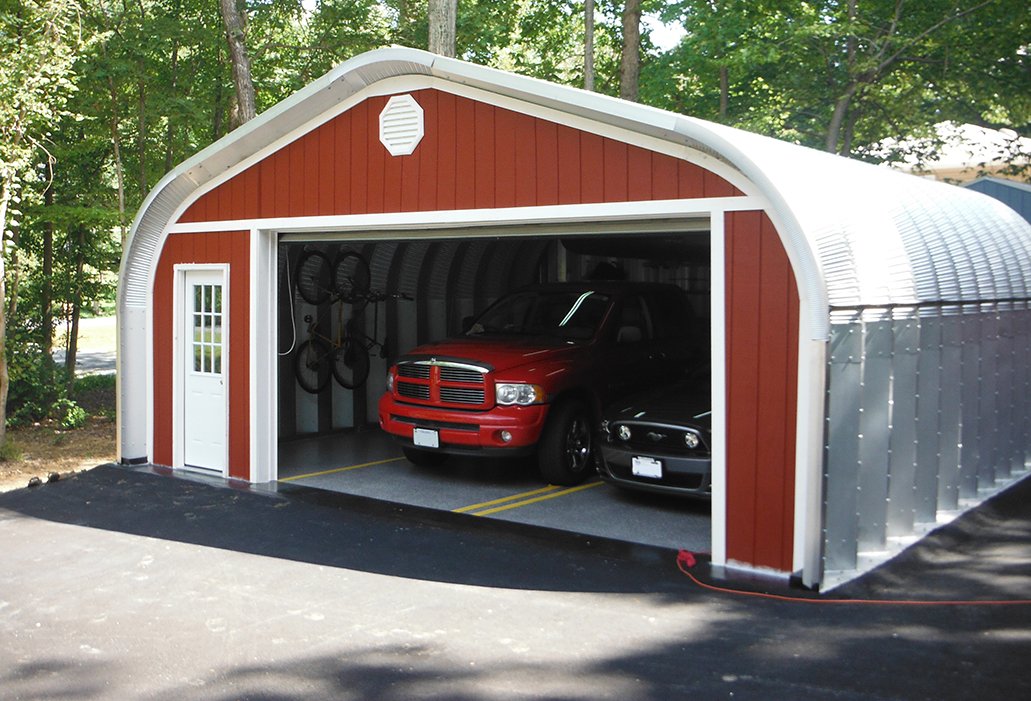Power generators with rotating shafts are used all over the world to power homes and businesses. They are also very expensive in terms of cost. The shaft is made up of an iron core and a rotor, which is coated with a material that prevents rusting.
What are Power Generator Rotors?
Power generators use turbines to turn rotors, which create electricity. A turbine is made up of a number of rotating blades that are connected to a shaft. The blades rotate around the shaft, and this motion creates a flow of air that turns the turbine’s generator.
Power generators can be used in a lot of different ways, but they’re usually most famous for their role in generating electricity. They can be used to power homes and businesses, and they’re also used to power large machinery like factories and ships. Power generators have been around for a long time, and they’ve played an important role in powering society ever since.
Role of a power generator rotor in a power plant
The role of a power generator rotor in a power plant is to turn the shaft, which powers the machine. A failure in this part can lead to decreased efficiency and ultimately a shutdown of the plant. In order to prevent such problems, power generator rotor repairs and inspections are necessary. When an issue is detected, the rotor must be taken off-line for repair. This process is time-consuming and often requires coordination between different parts of the plant. There are three main types of rotors: stator, field, and exciter. Each has its own unique set of needs when it comes to repair.
How to Keep Your Power Generator Rotors from Getting Rusty?
Rust is a problem that can develop on power generator rotors. This can lead to decreased performance and even failure of the equipment. There are a number of things that you can do to help prevent this from happening.
1. Avoid exposure to direct sunlight-Direct sunlight can oxidize the metal in power generator rotor blades, leading to Rust formation. Try to keep your rotors out of direct sunlight as much as possible for optimal performance and protection.
2. Keep your power generator clean and dry – Rust is attracted to moisture, so make sure to keep it clean. Cleaning the engine will also help prevent accumulation of dirt, dust and other particles that can contribute to rusting.
3. Use a protective coating- A protective coating can help prevent Rust from attacking the metal surface of the power generator rotor blades. Coatings such as wax, oil, or grease can be applied before storage or use to help protect the metal from moisture and Rust.
4. Use anti-corrosion additives – Some power generators come with additives specifically designed to protect against corrosion. If yours does not, you can add an anti-corrosion additive yourself, using a common household product like vinegar or ammonia. Just be sure to read the instructions first!
5. Use protection – If your power generator is going to be stored for an extended period of time, consider using protection such as an enclosure or cover. This will help protect it from both moisture and dust particles, which can also contribute to rusting.
6. Check the condition of the rotors – Once a year, or as needed, inspect the condition of your power generator rotors to see if any have developed rust. If they have, replace them as soon as possible to prevent damage and potential failure.
The Things That Cause Rust To Form on Rotors
Rust is a natural by-product of metal oxidation. It can form on any part of a power generator rotor, but is most prevalent near the edge where the rotor meets the shaft. This is because moisture and air circulate around the rotor more freely there, and they are also more exposed to the elements.
Conclusion
When it comes to power generators, you want everything working smoothly and without issue. But what happens when something goes wrong? In this article, we’ll take a look at some of the most common problems with power generators and how you can prevent them from becoming rusty and causing issues. By following these simple tips, you’ll be on your way to keeping your power generator running like new for years to come!





